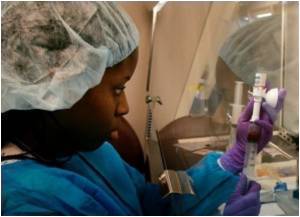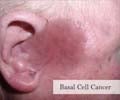Older people who have memory and thinking problems, but do not yet have dementia may have a lower risk of dying from cancer than people who have no memory and thinking problems.

"Studies have shown that people with Alzheimer''s disease are less likely to develop cancer, but we don''t know the reason for that link," said study author Julián Benito-León, MD, PhD, of University Hospital 12 of October in Madrid, Spain. "One possibility is that cancer is underdiagnosed in people with dementia, possibly because they are less likely to mention their symptoms or caregivers and doctors are focused on the problems caused by dementia. The current study helps us discount that theory."
The study involved 2,627 people age 65 and older in Spain who did not have dementia at the start of the study. They took tests of memory and thinking skills at the start of the study and again three years later, and were followed for an average of almost 13 years. The participants were divided into three groups: those whose scores on the thinking tests were declining the fastest, those whose scores improved on the tests, and those in the middle.
During the study, 1,003 of the participants died, including 339 deaths, or 34 percent, among those with the fastest decline in thinking skills and 664 deaths, or 66 percent, among those in the other two groups. A total of 21 percent of those in the group with the fastest decline died of cancer, according to their death certificates, compared to 29 percent of those in the other two groups.
People in the fastest declining group were still 30 percent less likely to die of cancer when the results were adjusted to control for factors such as smoking, diabetes and heart disease, among others.
"We need to understand better the relationship between a disease that causes abnormal cell death and one that causes abnormal cell growth," Benito-León said. "With the increasing number of people with both dementia and cancer, understanding this association could help us better understand and treat both diseases."
Advertisement
Source-Newswise















